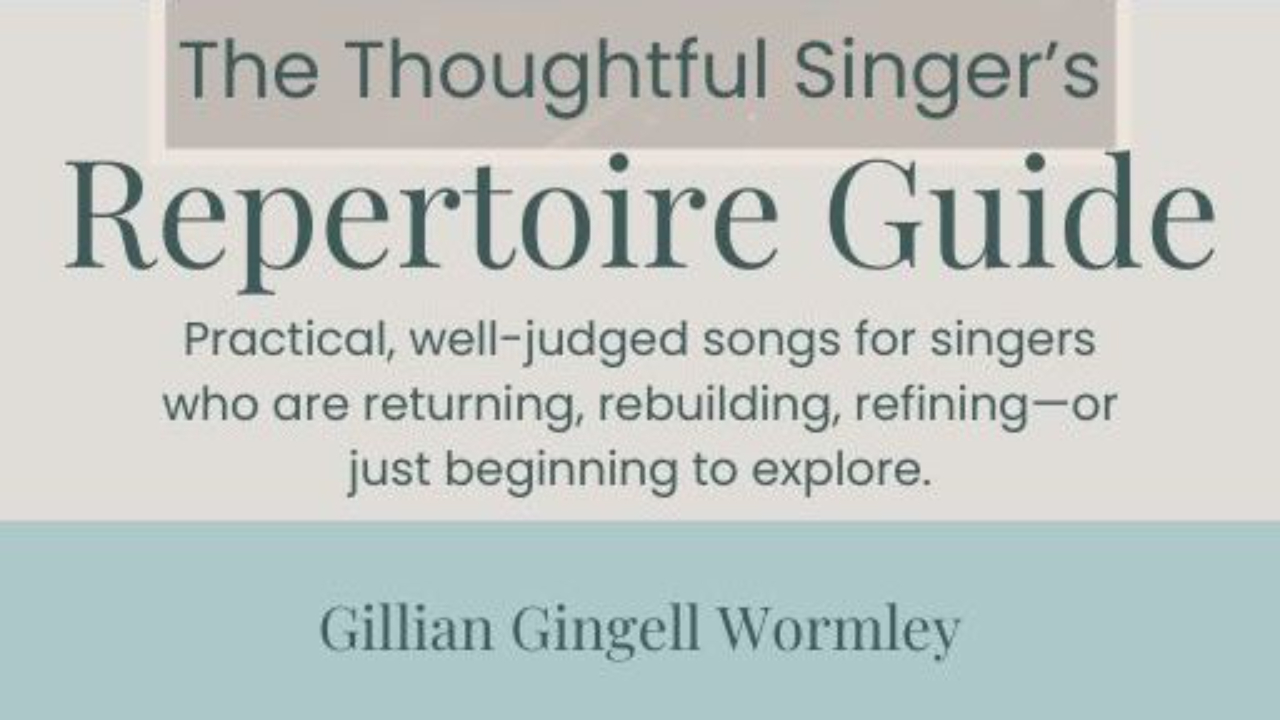4 TOP in-rehearsal vocal care tips for singers

Back to rehearsals soon? Voice feeling a bit rusty?
Here's a little extra guidance beyond the tips I shared in the video above:
Tip #5: Your vocal folds (or cords) are the only pair you'll ever have. You can't go and choose new ones when the old ones start to wear out.

Imagine those little vocal folds, pristine and perfect at birth. Functioning with ease and as usual in babies and young children, with the best and most perfect vocal connection, there can be. What causes things to go wrong when all was perfect at the onset?
True vocal folds are no bigger than your little fingernail. They deserve careful use if they are to serve us well all our lives. Sometimes things go wrong, usually as a result of a poorly mixed cocktail of factors.
For example, if we think of gaining greater volume when we sing, there’s a psychological trigger that suggests to us that we must push more air to make it happen. But a greater volume achieved by pushing more air simply puts more stress on those little vocal folds (only 3-6 cells thick each) and leads to a tired throat and no voice at the end of the rehearsal/performance. Not ideal.
Can you relate? Have you experienced this?
The facts
The skill of singing well lies in patience, in practising little and often and with focus - and great guidance or mentoring. This infographic suggests that the secret also lies in appreciating what the body naturally wants and is equipped to do and not interfering with it to any great degree:

If you want more breath control/quality of sound/use of volume, you’ve got to become acquainted with the idea of ONSET. That is, the moment when your vocal folds come together, subglottic pressure is formed and soundwaves are born and ultimately released.
Wait for it … this is all based more on what you FEEL that what you HEAR.
I know, it is totally counterintuitive. But that’s why singing well - and caring for your instrument so that it will last a lifetime, is a learned skill.
What is to be done? How should singers best help themselves?
Best next steps
Vocal technique need not be bewildering and after years of experience teaching all sorts of singers, I have found that it boils down to a true appreciation of the principles behind just 5 Essential Vocal Exercises. Take a look at my free online resources as a starting point. But here are some other thoughts:
- Find a great teacher.
- Join a mentoring group or community
- Share in the experience.
- Be heard and listen to others.
Interested in more information? Here are some useful links:
- you may simply need a better vocal roadmap, ie, the what, where, and why of singing
- or understand the part your vocal folds play within the articulatory system
- or consider what may be the cause of Vocal Nodules
- or perhaps more specific information about a mentoring community, Virtually Vocalise.
Curious about singing basics? Let's get you started with the right learning tools.
Download my free need-to-know vocal essentials guide for singers, vocal technique principles simply explained.







